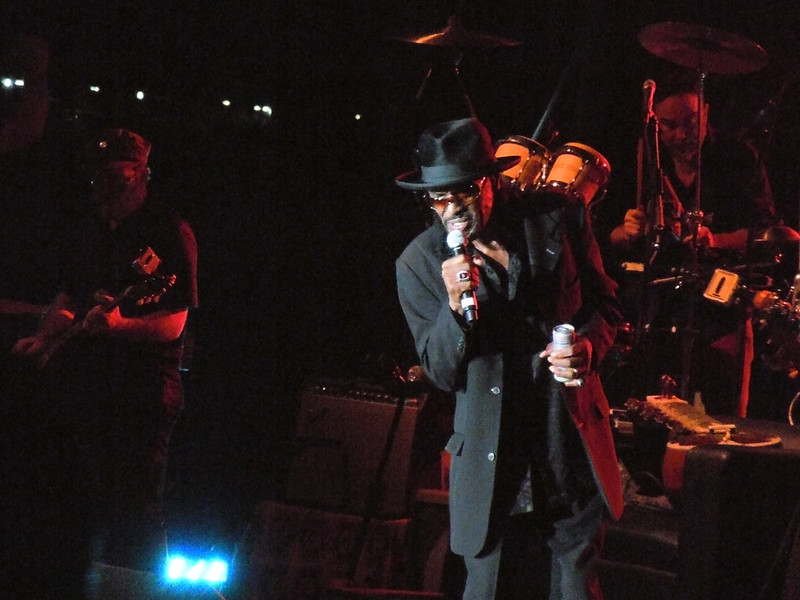The digital revolution has dramatically changed the way we experience entertainment. Gone are the days of waiting a week for the next TV episode or lining up at the box office. In today’s digital age, entertainment is instant, interactive, and personalized.
Always On, Always Available
Thanks to smartphones, tablets, and smart TVs, entertainment is at our fingertips 24/7. You can binge an entire season on Netflix, scroll through funny reels on Instagram, or tune into a live gaming stream on Twitch—all in the palm of your hand.
This constant availability has shifted how we spend our free time. Instead of fixed schedules, audiences demand content on their terms. As a result, traditional broadcasters and studios have adapted by launching their own digital platforms, offering both live and on-demand content.
Interactivity and Fan Engagement
What sets digital entertainment apart is interactivity. Audiences no longer just watch—they participate. Viewers vote for their favorite reality show contestants, comment live during streams, remix songs on TikTok, and even influence storylines through interactive films like Black Mirror: Bandersnatch.
Platforms like Reddit, Twitter, and Discord allow fans to form communities around shared interests, theories, and fan art. This level of engagement builds loyalty and gives creators real-time feedback.

The Role of AI and Algorithms
Algorithms play a major role in shaping what we watch and listen to. They analyze our behavior to recommend content we might enjoy. While this personalization enhances the user experience, it also creates echo chambers where viewers only see what aligns with their preferences.
AI is also being used to create content. Some songs are now written with the help of AI, and virtual influencers—digital characters powered by algorithms—are gaining real followers and brand deals.
Short-Form Content on the Rise
Attention spans are shrinking, and short-form content is booming. TikTok, Instagram Reels, and YouTube Shorts have changed the way creators tell stories. In under 60 seconds, users can deliver comedy, drama, education, or news.
This format is especially popular among Gen Z, who prefer quick, punchy content over long-form videos. Brands and artists are adapting by creating content specifically for these platforms, often using trends and challenges to go viral.
Virtual Reality and the Metaverse
Virtual reality (VR) and augmented reality (AR) are opening new frontiers. Imagine watching a concert from your living room in 360 degrees or exploring a fantasy world through a VR headset. The metaverse—a shared digital space where users interact via avatars—is blurring the lines between gaming, entertainment, and socializing.
Events like virtual music festivals, digital fashion shows, and AI-powered characters suggest that entertainment will become even more immersive and customizable in the future.
Privacy and Screen Time Concerns
With great access comes great responsibility. Parents, educators, and health professionals are increasingly concerned about the effects of screen time, especially on children. Binge-watching, gaming addiction, and social media obsession are growing problems.
There’s also the issue of privacy. Entertainment platforms collect massive amounts of user data to personalize experiences and serve ads. Users must remain aware of how their information is used and take steps to protect their digital privacy.
Conclusion
Digital technology has made entertainment more accessible, diverse, and interactive than ever before. Whether you’re watching a series, creating content, or exploring a virtual world, you’re part of an ecosystem that’s evolving every day. As we move forward, balancing innovation with responsibility will be key to ensuring a healthy, engaging, and inclusive digital entertainment experience for all.
